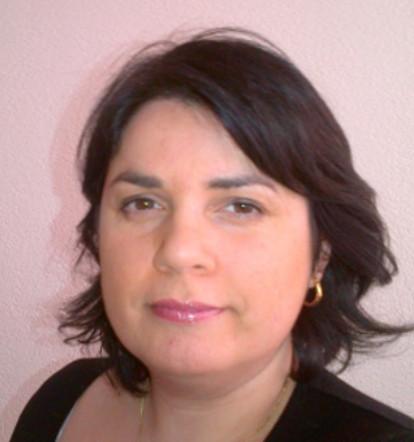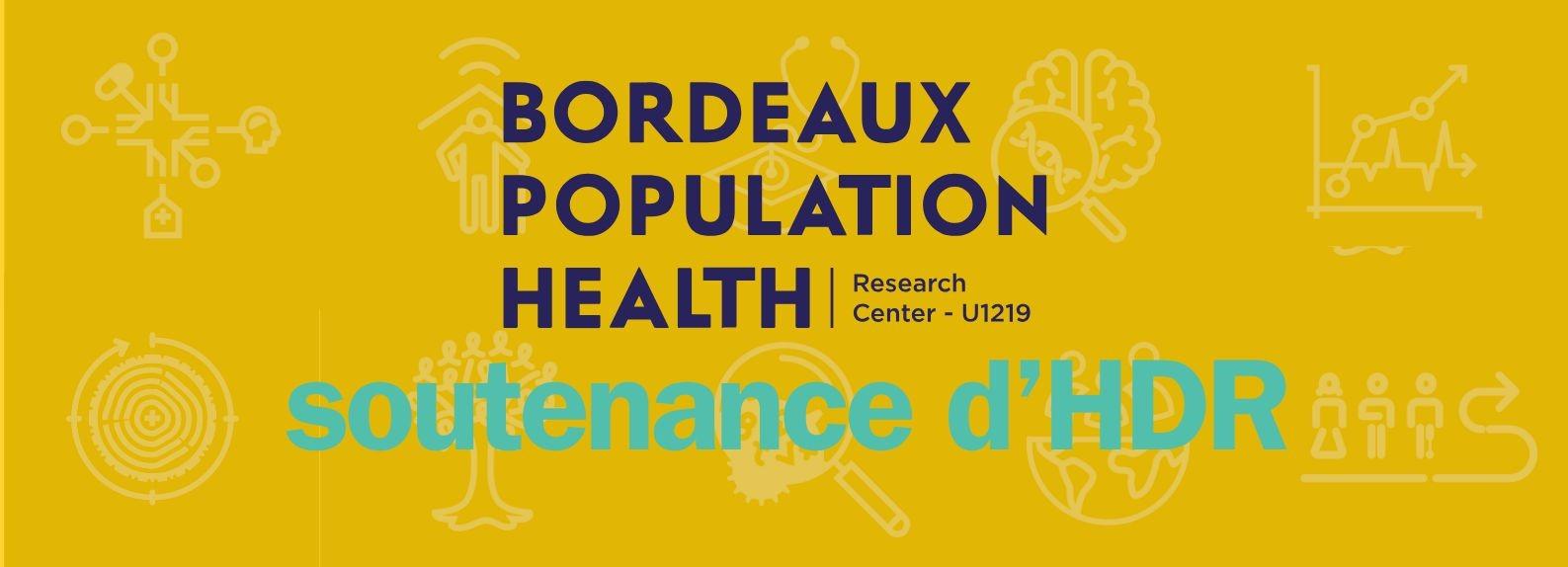
ACTIVE
Aging, chronic diseases, technology, disability, and environment.

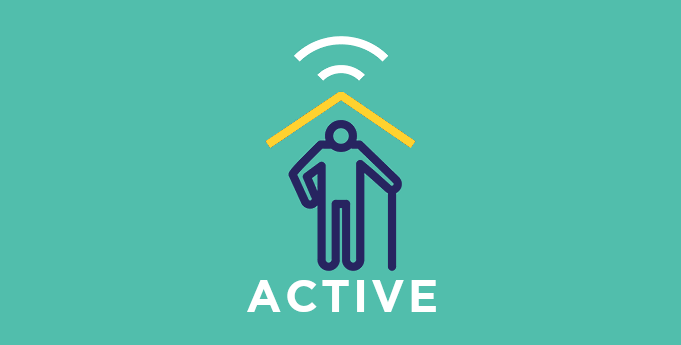
Details
Université de Bordeaux – ISPED
146 rue Léo-Saignat
33076 BORDEAUX cedex
Objectives
Most of the researches conducted within the ACTIVE team aim at studying:
- intrinsic capacities of individuals and environmental factors contributing to develop / maintain/ reduce functional capacity in the context of acute/chronic disease, disability, and/or old age; and
- innovative strategies based on the optimization of such factors. The team is composed of epidemiologists, psychologists, cognitive scientists, geriatricians, physical therapists, neurologists and a psychiatrist.
Research area
It investigates to what extent intrinsic capacity and environments contribute to develop / maintain / reduce functional ability. Functional trajectories associated with aging process are studied through a continuum distinguishing robustness, pre-frailty, frailty, and activity limitation.
We examine their determinants through a multidimensional approach considering intrinsic capacities (cognition, depression, sensory impairments, personality traits…) and environmental factors (family support, social network, (un)adapted home, professional assistance, digital technologies) that may influence the sequence and speed of functional deterioration.
The heterogeneity of these trajectories is explored in several prospective population-based and clinical studies (PAQUID, AMI, 3C, CONSTANCES, COGLOC…).
More recently, taking advantage of the ongoing cohort studies, the PA-COVID survey, set up very shortly after the first COVID-19 lockdown in France, aims at providing valuable knowledge on older adults’ social and psychological experiences of the COVID-19 crisis and its impact on cognitive, mental and functional health.
The second research axis coordinated by Hélène Sauzéon focuses on innovative strategies based on the optimization of individuals’ intrinsic capacity and/or environments.
As an example of strategies based on optimized environments, the French Alzheimer village is an experimental accommodation facility for older adults with Alzheimer’s disease built like a traditional village.
The team is currently conducting an ambitious multidimensional research program evaluating whether this innovative model is relevant compared to traditional nursing homes (see below). Other researches involve interventions relying on digital technologies.
They generally address two main health issues: rehabilitation access and patient agentivity (i.e., active role of the patient).
2024 Key publications
Boucaud-Maitre D, Letenneur L, Dartigues JF, Amieva H, Tabue-Teguo M. Letter to the Editor: The French Model of Senior Housing to Tackle Housing Inequalities. J Frailty Aging. 2024;13(1):73. https://doi.org/10.14283/jfa.2024.7
Boucaud-Maitre D, Villeneuve R, Rambhojan C, Simo-Tabue N, Thibault N, Rinaldo L, Dartigues J-F, Drame M, Amieva H, Tabue-Teguo M. Clinical Characteristics of Older Adults Living in Foster Families in the French West Indies: Baseline Screening of the KArukera Study of Aging in Foster Families (KASAF) Cohort. Innov Aging. 2024;8(7):igae063. https://doi.org/10.1093/geroni/igae063
Caillot-Ranjeva S, Bergua V, Meillon C, Amieva H. Impact of Cohabitation during Confinement on Older Adults’ Negative Affect: What Specificity of Life as a Couple? J Frailty Aging. 2024;13(1):64-70. https://doi.org/10.14283/jfa.2023.25
Dorey J-M, Pongan E, Padovan C, Chaillet A, Herrmann M, Krolak-Salmon P, Rouch I. Prodromal or mild Alzheimer’s disease: Influence of neuropsychiatric symptoms and premordid personality on caregivers’ burden. Int J Geriatr Psychiatry. 2024;39(6):e6114. https://doi.org/10.1002/gps.6114
Gbessemehlan A, Cambois E, Brouard N, Letenneur L, Amieva H, Peres K. Differences between subjective and disability health expectancies across ages in older adults. Sci Rep. 2024;14(1):14731. https://doi.org/10.1038/s41598-024-65416-3
Goncalves S, Mandigout S, Le Bourvellec M, Duclos NC. Comparison of motion sensor and heart rate monitor for assessment of physical activity intensity in stroke outpatient rehabilitation sessions: an observational study. J Rehabil Med. 2024;56:jrm40559. https://doi.org/10.2340/jrm.v56.40559
Hernandez-Ruiz V, Roubaud-Baudron C, Von Campe H, Retuerto N, Megraud F, Helmer C, Amieva H, Peres K. Association between Helicobacter pylori infection and incident risk of dementia: The AMI cohort. J Am Geriatr Soc. 2024;72(4):1191-8. https://doi.org/10.1111/jgs.18748
Husky MM, Pic O, Callahan S, Navarro-Mateu F. Twelve-month suicidal ideation, incidence and persistence among college students pre-pandemic and during the pandemic: A longitudinal study. Psychiatry Res. 2024;331:115669. https://doi.org/10.1016/j.psychres.2023.115669
Ruiz-Manriquez CA, Avila-Funes JA, Branas F, Crabtree-Ramirez B, Amieva H, Hernandez-Ruiz V. Association between a lower T-CD4+ /CD8+ lymphocyte ratio and cognitive impairment in older persons with HIV. Eur Geriatr Med. 2024. https://doi.org/10.1007/s41999-024-01079-7
Saulnier T, Fabbri M, Le Goff M, Helmer C, Pavy-Le Traon A, Meissner WG, Rascol O, Proust-Lima C*, Foubert-Samier A*. Patient-perceived progression in multiple system atrophy: natural history of quality of life. J Neurol Neurosurg Psychiatry. 2024;95(9):804-11. https://doi.org/10.1136/jnnp-2023-332733
* equal contribution
Last News

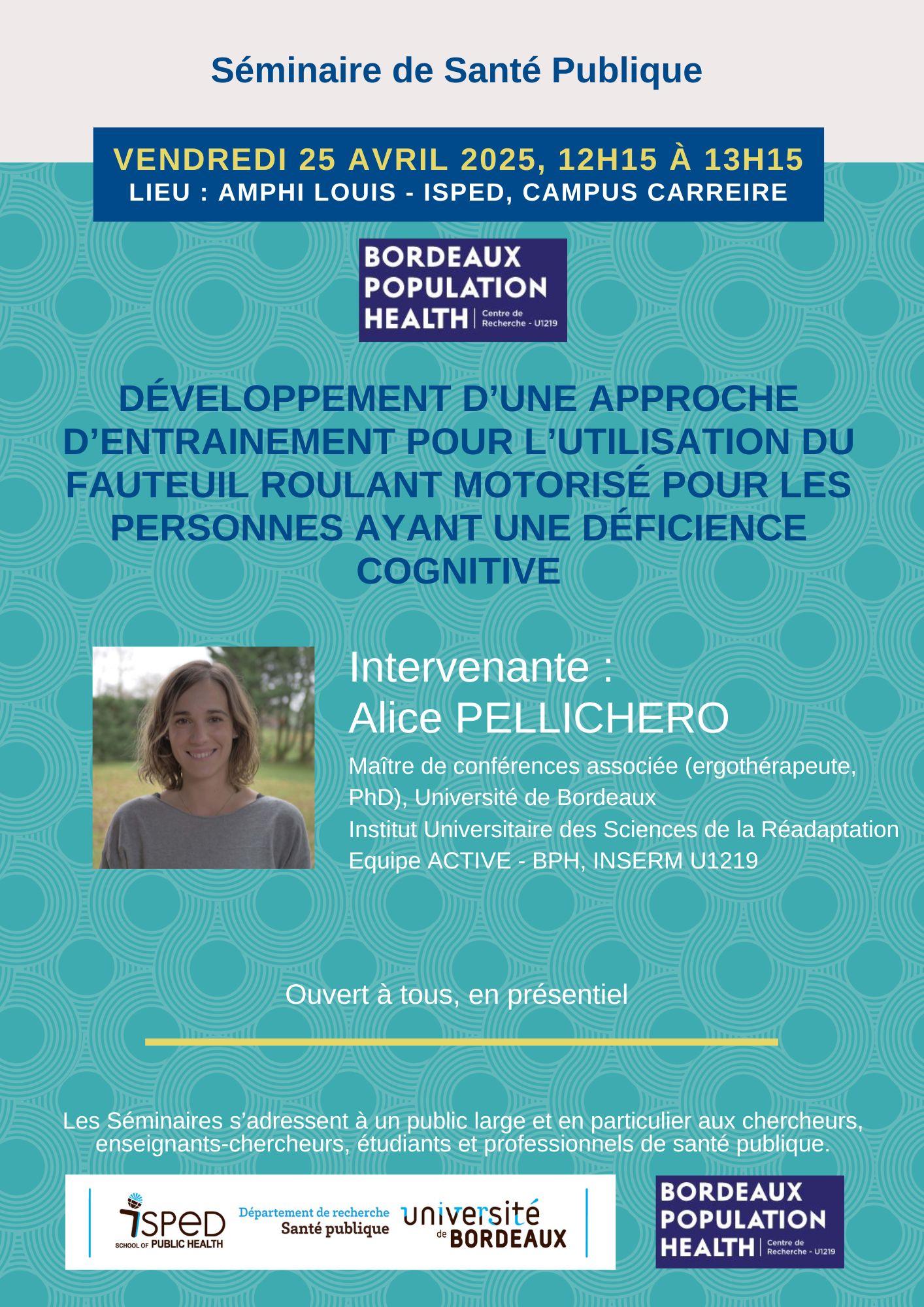
Public Health Seminars : DEVELOPMENT OF A TRAINING APPROACH FOR THE USE OF MOTORISED WHEELCHAIRS FOR PEOPLE WITH COGNITIVE DISABILITIES
Seminars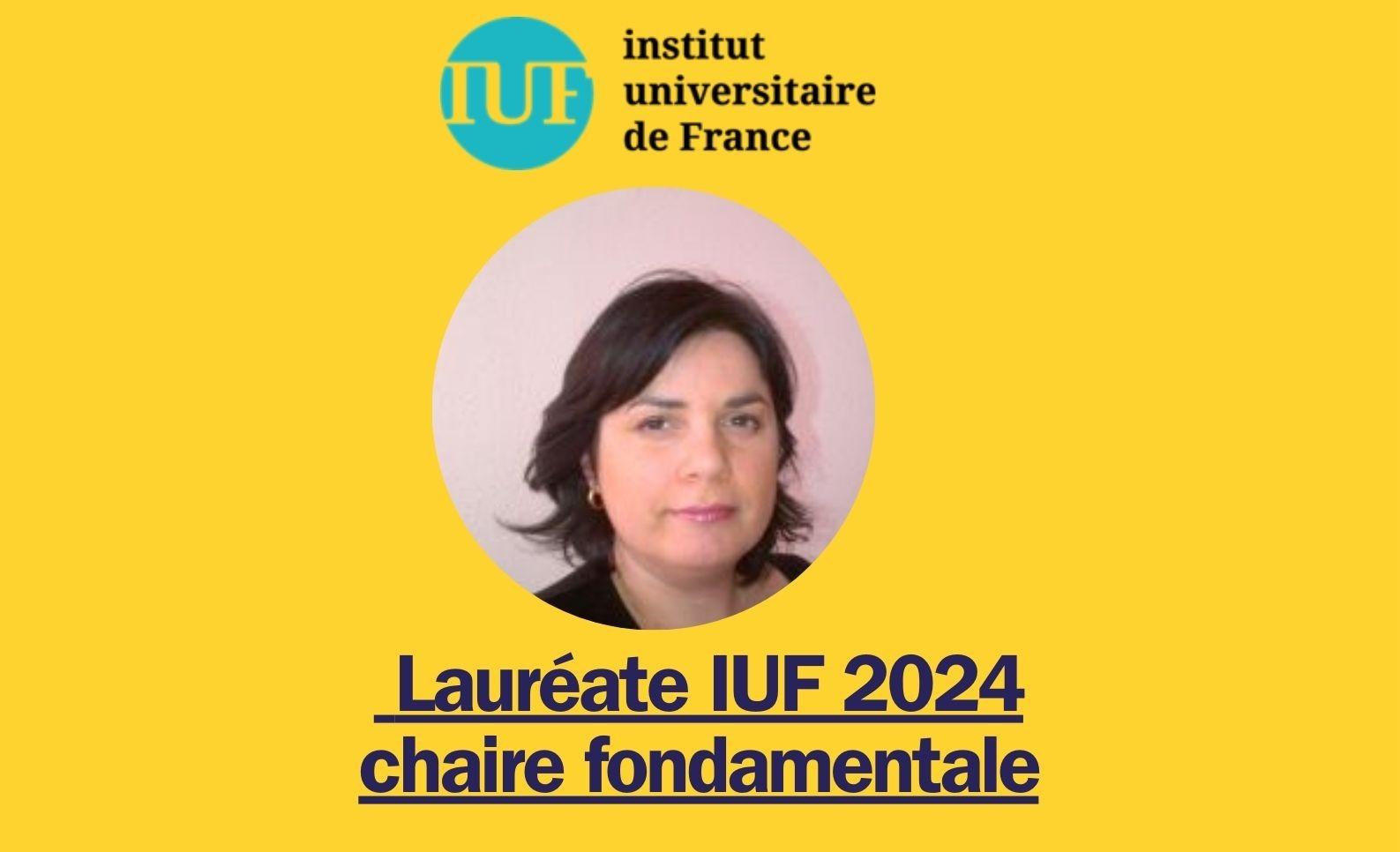
Installation ceremony of the senior members of the Institut Universitaire de France
Awards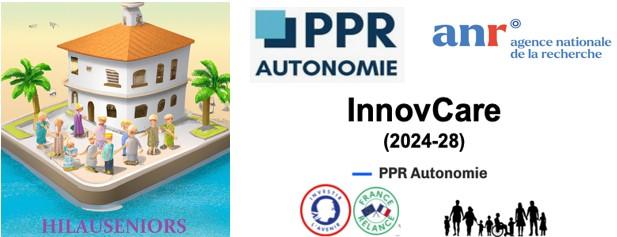
10th and 11th of October took place the Annual Days of the PPR Autonomie
Events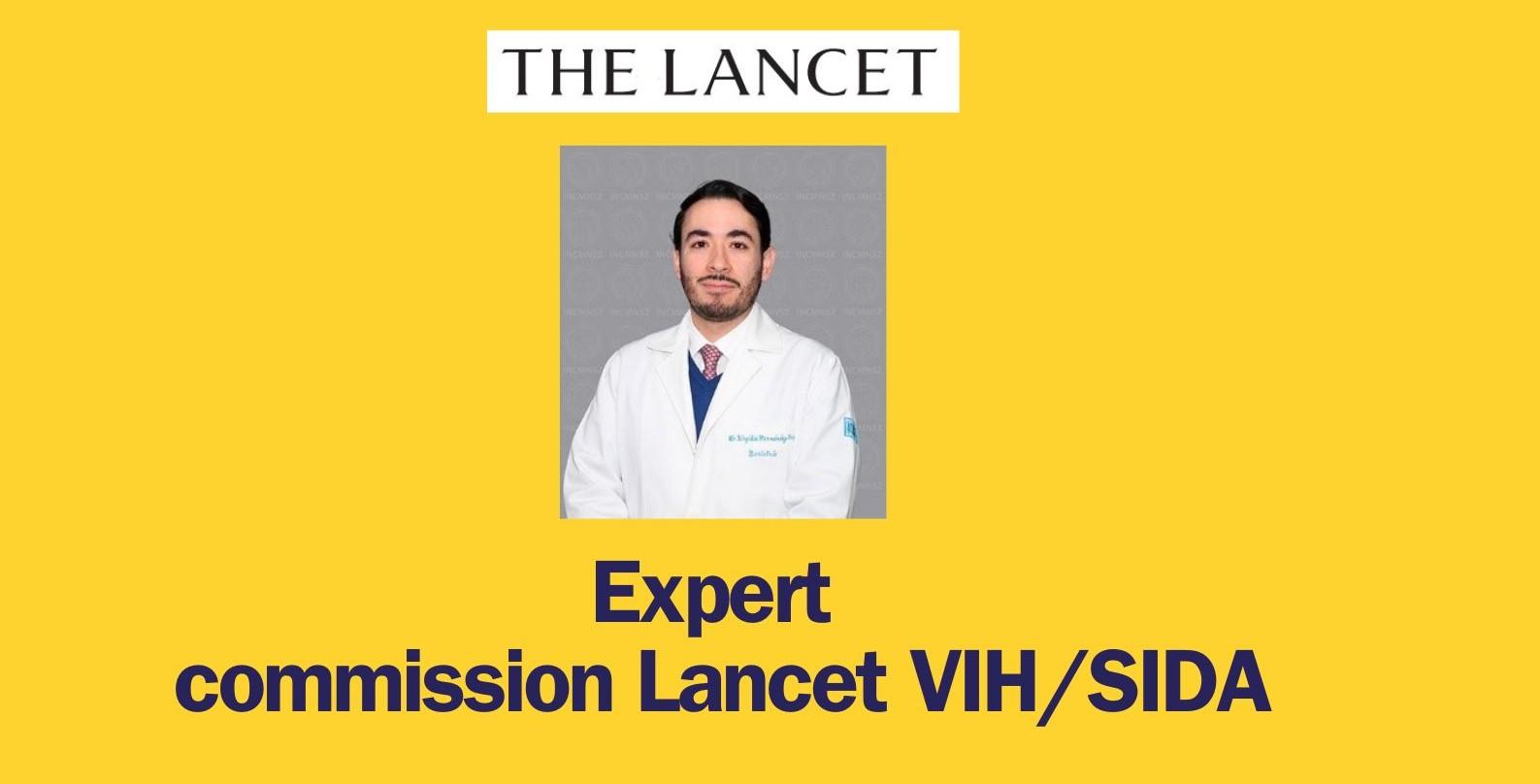
Virgilio Hernandez-Ruiz joined the Lancet Commission on "HIV and Aging"
Team
Research stay of Helen Maria Vasiliadis from the University of Sherbrooke: Epidemiological Approach of mental health across different life stages
Team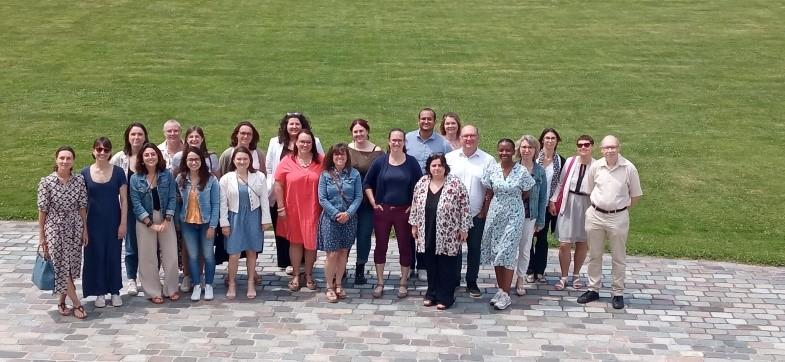
ACTIVE Team General Assembly 2024
Events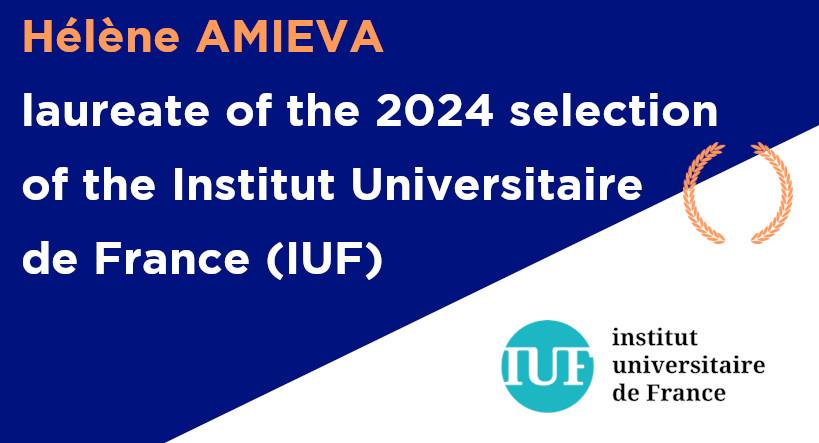
Hélène AMIEVA
laureate of the 2024 selection of the Institut Universitaire de France (IUF)
Awards
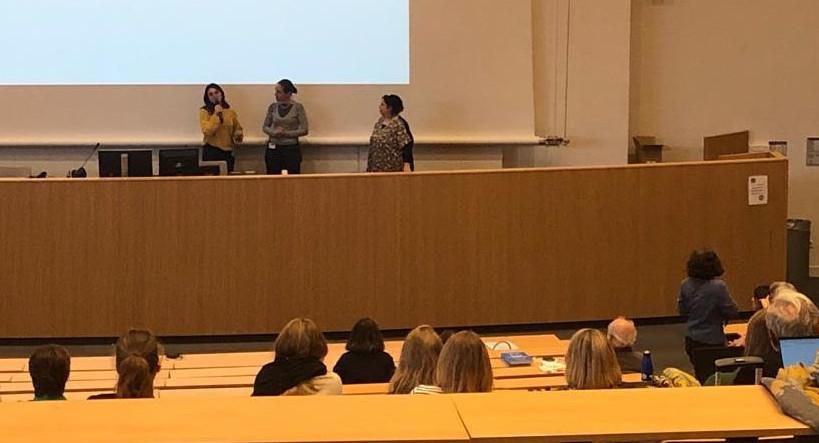
ACTIVE Ph.D students in the spotlights
News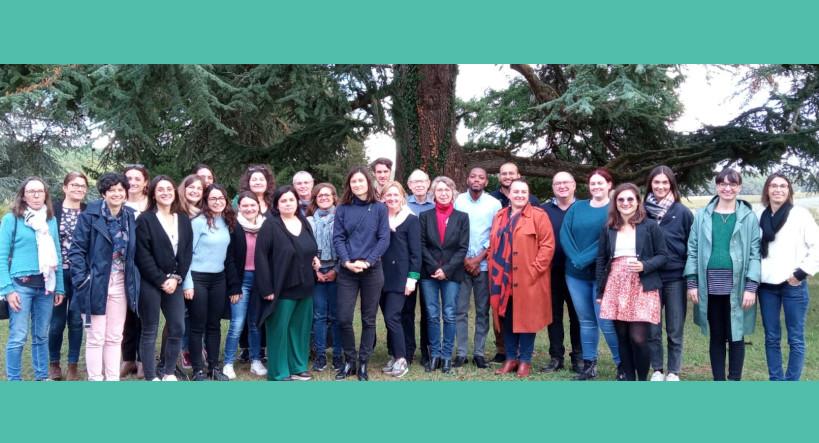
General Assembly of the ACTIVE team
Events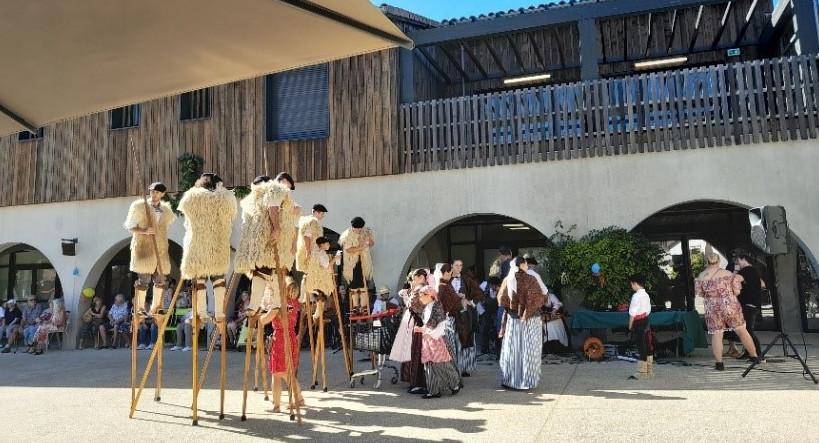
The ACTIVE team celebrates the Village Landais Alzheimer Henri Emmanuelli annual festival
Events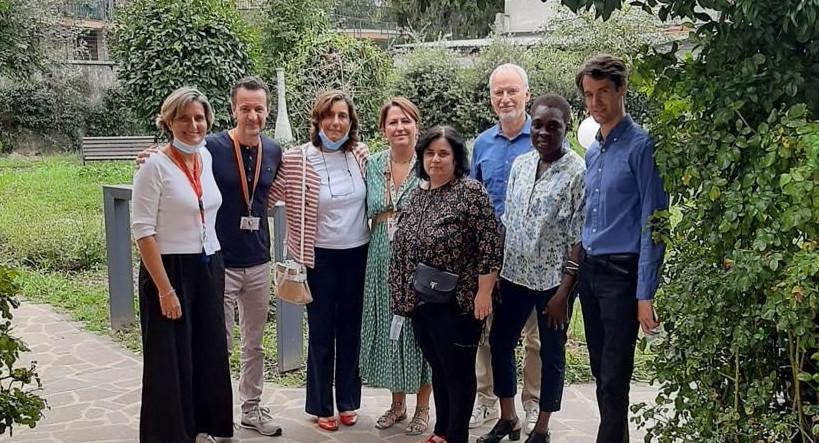
Linking the European Alzheimer Villages: The ACTIVE team meets the Italian Alzheimer Village
Focus
Invitation of Prof Sylvie Nadeau, physiotherapist at the Readaptation School of Montreal University
Seminars
Les têtes au football
PressMembers
AbdelghaniRania
DoctoranteAmievaHelene
Full Professor in Psychogerontology, Team leaderArheix ParrasSophie
PhD Student - ATERAuriacombeSophie
AVILA-FUNESJosé Alberto
BerguaValérie
Maitre de conférences en PsychogérontologieBlanchardCécile
BoucheAmélie
Doctorante en Psychologie de la SantéCASSOUDESALLEHélène
MCU-PH en Médecine Physique et de RéadaptationDartiguesJean-francois
de SezeMathieu
DehailPatrick
DelleciClaire
DESVAUX Chloé
Doctorante en Sciences CognitivesDuclosNoémie
Maître de conférencesDupuyLucile
Maitre de conférences en Sciences CognitivesFAIDHERBEVirginie
Doctorante en épidémiologieFoubert-SamierAlexandra
Neurologue, praticien hospitalier, chercheur équipe ACTIVEGERBIERAlice
PsychogérontologueGlizeBertrand
MCU-PHGUEDIRIAmine
Attaché temporaire d'enseignement et de rechercheGUILLOUVirginie
Doctorante en Psychologie de la SantéHamelinSolange
Assistante ingénieurHebrardLouis
Doctorant en Psychologie de la SantéHelmerCatherine
Directrice de Recherche InsermHernandez RuizVirgilio
PhD candidate / GeriatricianHuskyMathilde
Professeur de Psychologie Clinique et PsychopathologieIzacMargaux
PhD studentJANOTAMathilde
PhD student in Clinical Psychology and PsychopathologyKoleckMichèle
Maître de conférences en psychologie de la santéKOUMETIO JIATSAIvane
Ingénieure statisticienneKrierDamien
Doctoral studentlaronzeflorian
ATERLetenneurLuc
Chargé de Recherche INSERMMazonCécile
Maitre de conférences en Sciences CognitivesMoucheboeufGeoffroy
médecin PH chercheurNKaouaBernard
OUVRARD-BROUILLOUCamille
Maître de conférencesPellicheroAlice
Maitre de conférences associéePérès-BouchetKarine
Chargée de recherche Hors ClassePICOcéane
Epidémiologiste / BiostatisticiennePoissonPhilippe
DocteurRascleNicole
Professeur de Psychologie de la santéROSAYMorgane
Doctorante en psychogérontologieRouchIsabelle
Médecin PH en santé publiqueSAGEMarie Hélène
Assistante AdministrativeSaint-MartinHélène
Psychologue neuropsychologue, Doctorante en épidémiologieSaint-SuperyIsabeau
Doctorante en Sciences CognitivesSauzeonHélène
ProfessorSendraMarie
Doctorante en PsychogérontologieSimonYvanna
Doctorante en EpidémiologieSoritaEric
MCF associé -Chercheur associéTabue TeguoMaturin
TahanKerem
WiartLaurent



